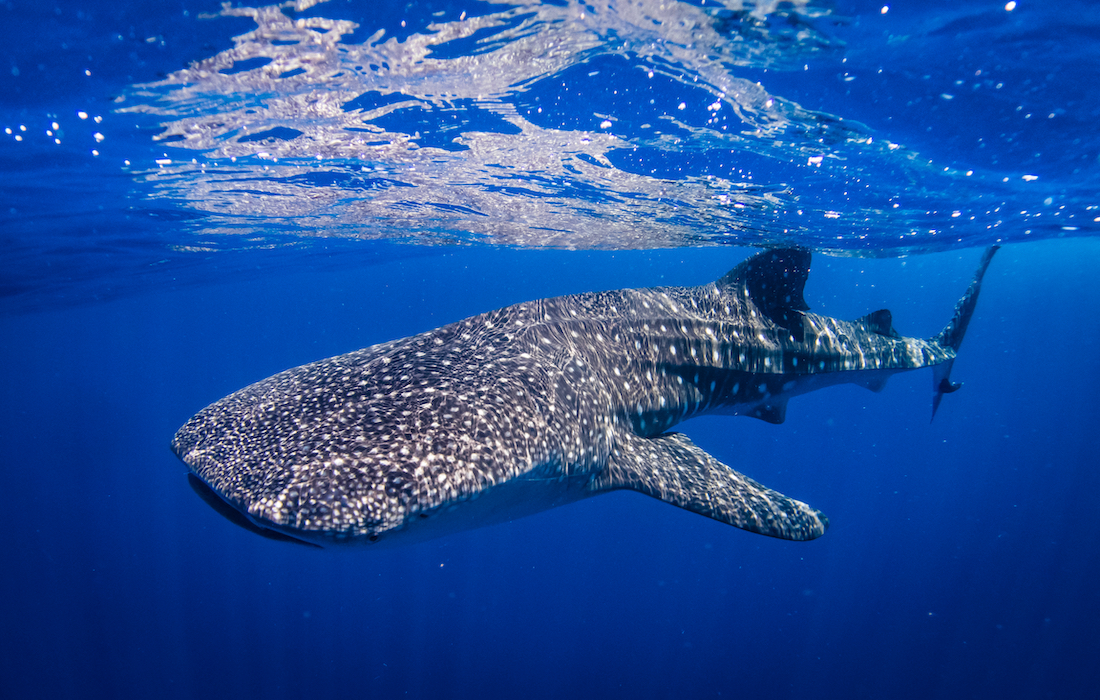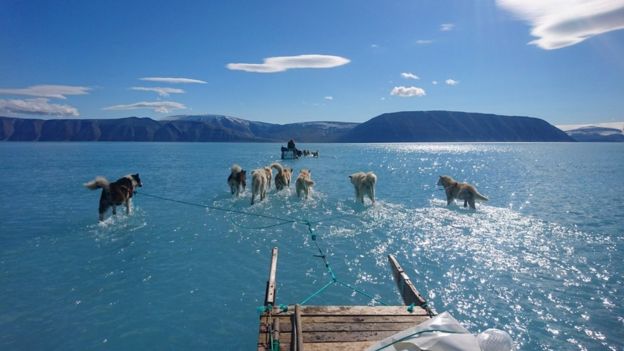Does the underwater world fascinate you? If yes, then this article is for you. Recent studies show that Whale sharks are endangered, they are very difficult to track and very minimally protected. Though these challenges are there, still we can thank the new study which says our scientists are now able to track and monitor the movements of these giant sea creatures. Studies that have been published are generating curiosity among people. Let us walk you through some interesting facts on “Whale Sharks”.
What are these whale sharks exactly?
Whale sharks are giant as 40 feet in length and they are filter feeders like any other whales. These Whale sharks can filter their favourite foods through their mouth and they look for big fishes. These giant sea creatures are warm water lovers and they love to live in tropical water bodies.
This is really sad that these whale sharks are now far less in numbers as compared to a few years back. Things responsible for their disappearance are bycatch, fatality by ships or boats and last but not the least “water pollution”.

Science behind the whale shark tracking
Some scientists and researchers paired from Saudi Arabia and the United States to track the movement of whale sharks in the “Red Sea”. They have invested six years in paying full attention in observing the life of one hundred sharks in “Shib Habil Pit”.
Many other scientists from all across the globe have invented advance trackers systems to track the real-time movements of whale sharks. Some of the anecdotal evidences have been noticed by researchers in Hawaii.
Movement of whale sharks
Our scientists are capable to track the real-time movements of these whale sharks and they can figure out how long these whale sharks are staying in one place. These studies also show the needs and behaviours of these sea animals. These studies can contribute to saving whale sharks from extinction.
Researchers have found that these Whale sharks are coming back to Shib Habil Pit in April and May every year. It can be a spot of breeding for them which is essential for the continuation of these species.
Many scientists across the globe are working for awareness among the boaters which can help increase the whale shark population.
These studies and researches could help save these sea creatures from going into the endangered species category. Based on the studies from the scientists, we all can help in the protection of whale sharks. Let’s take an initiative to save these beautiful and giant sea beasts today.








